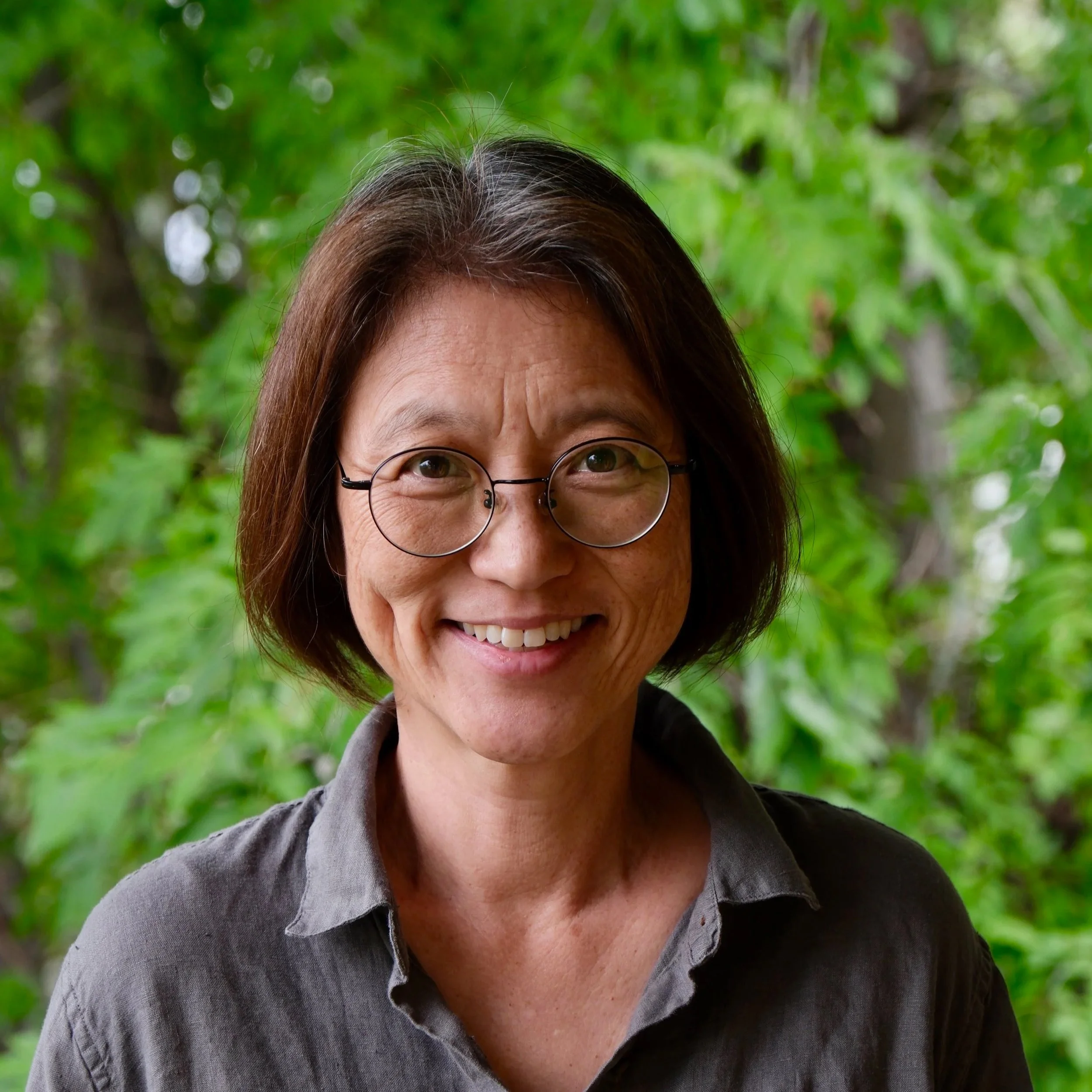
Meet the Team
FOUNDER
Ms. Neelam Patil, M.Ed., MFA, is a Climate Literacy and Science Teacher in the California public school system. She was awarded Innovative Teacher of the Year 2022 by TIME Magazine based on her work teaching children they can do something about climate change. Neelam spearheaded the planting of the first Miyawaki schoolyard forests in North America in Berkeley, CA. While teaching her students about deforestation, they wanted to do something immediate and impactful. They demanded, “Let’s plant trees!”, and the rest is history. Since then Neelam has planted 4 schoolyard Miyawaki forests in Berkeley, as well as in India and Los Angeles. She founded the Miyawaki Forest Academy to teach educators to bring this project to their schools, and her students have gone on to plant Miyawaki forests at their schools. Her work also inspired the City of Berkeley to pass legislation and plant the first Miyawaki forest in Berkeley.
Neelam has been an educator since 2000. Her work specializes in empowering children to face the most pressing challenges of our time through climate resilience, mindfulness, plant based culinary education, and youth urban forestry. She is a certified SKY Breath instructor and founder of Green Pocket Forests, a nonprofit with the mission to green urban spaces across America using the Miyawaki method.
PROJECT MANAGER
Ms. Young Im Yoo, Ed.M., has been a groundbreaking leader in the field of education for over 25 years. She is a fierce advocate for equity and diversity. She has inspired systemic change in many school districts around California. Prior to attending the Harvard Graduate School of Education, Young Im was a community organizer in Los Angeles and Oakland, California and an advocate for healthy and sustainable living and working environments.
Growing up in the Midwest surrounded by nature, Young Im has fond memories of exploring and playing in forests. Joining Green Pocket Forest feels like she has returned home! She brings a passion to put nature at the forefront by bringing Miyawaki forests to schools and cities around the country and beyond!
Our Advisors
-

Dr. Kazue Fujiwara
PROFESSOR OF YOKOHAMA CITY UNIVERSITY AND PROF. EMERITA OF YOKOHAMA UNIVERSITY
Kazue Fujiwara is a vegetation scientist, having obtained her Dr. of Science from Tohoku University in 1978. She is Professor emerita of Yokohama National University, but since retirement in 2010 has led the Laboratory for Restoration of Terrestrial Environments at Yokohama City University. She was a student of Prof. Akira Miyawaki and worked with him until his retirement, when she obtained his position. In 1969 she was a scholar-scientist in Lille (by CNRS) and at the German Institute of Theoretical and Applied Phytosociology. In 1999 she had a Fulbright Grant to study at the University of Georgia (USA).
Kazue has had many field projects, throughout East Asia (Japan, China, Taiwan, Korea); Russia (including Far East); Southeast Asia (9 countries plus India, Nepal, Bhutan); Africa (Kenya, Senegal, Ethiopia, South Africa, Madagascar); the UAE; eastern North America; and South America (Brazil, Chile, Bolivia). She was a vice-president of the International Association of Vegetation Science (2003-07), Advisory Council member (1994-2023) and an honorary member (since 2014).
Kazue’s studies involve global vegetation science, especially evergreen broad-leaved forests, temperate deciduous forests, mangroves and other coastal vegetation, and wetland vegetation. Her work has involved restoration of natural forests in Southeast Asia, Kenya, China, Turkey, the USA, and Japan. She has a special interest in vegetation function in cities, including urban environmental planning, management, and forest restoration on degraded areas.
-

Dr. Elgene Box
PROFESSOR OF PHYSICAL GEOGRAPHY AND ECOLOGY AT UNIVERSITY OF GEORGIA
Elgene Owen Box was, for 40 years, Professor of Physical Geography and Ecology at the University of Georgia (USA). In the 1970s and early 1980s he produced some of the very first model-driven world computer maps and estimates of fluxes and pools in the [natural] global carbon budget. In the 1980s he also provided the first rigorously data-based test and calibration of the then-new satellite-based NDVI “greenness index” as a measure of the productivity and seasonality of land vegetation. During 1992-94 he continued this work as a Guest Research Professor at the University of Tokyo. Back in Georgia from 1995, he refined a climate-based model for world vegetation (first presented in 1981) based on more extensive field research on world vegetation, especially in East Asia and other areas less covered by Walter and other great German geobotanists. From 1994 to 2007 he was President of the International Association for Vegetation Science. He met Prof. Akira Miyawaki in 1983 in Argentina and has worked with Miyawaki ever since, assisting especially in the presentation of the mini-forest idea worldwide. With the decrease since 2010 in students interested in natural sciences, he was (again) relegated to teaching service courses but continued to write his own computer programs and publish on vegetation structure and climatic relationships in all parts of the world. He has a special interest in temperate forests and in the application of Miyawaki’s forest plantation methodology, developed originally in the evergreen broad-leaved forests of Japan, to deciduous-forest and other regions, including the species-poor areas of central and northern Europe.


